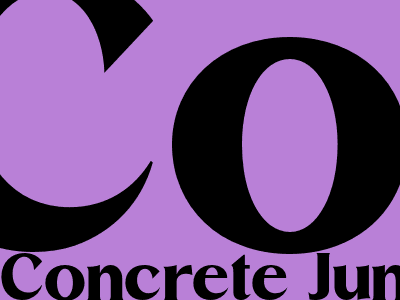The Hulking Concrete Jungle of Urbanization
The Inevitable Expansion
As the world's population continues to swell, the demand for living space has skyrocketed, leading to the relentless expansion of urban areas. Once-pristine landscapes are being rapidly transformed into towering concrete jungles, altering the very fabric of our planet.
This urbanization trend is driven by a multitude of factors, including economic growth, job opportunities, and the allure of modern conveniences. As people migrate to cities in search of better lives, they bring with them a need for housing, infrastructure, and services, all of which contribute to the expansion of urban sprawl.
Consequences of Urbanization
Environmental Impact
The rapid growth of cities has a significant impact on the environment. Vast amounts of land are cleared for development, resulting in deforestation and habitat loss. This disruption of ecosystems can lead to a decline in biodiversity, air pollution, and water scarcity.
Moreover, the construction and operation of buildings, roads, and other infrastructure consume immense amounts of energy and resources, contributing to greenhouse gas emissions and climate change.
Social and Economic Challenges
Urbanization also presents numerous social and economic challenges. Overcrowding, poverty, and lack of access to basic services are common issues in densely populated areas.
The influx of people into cities can strain resources, leading to increased competition for housing, jobs, and healthcare. This can exacerbate social inequality and lead to social unrest.
Benefits of Urbanization
Despite the challenges, urbanization also offers certain advantages. Cities are hubs of innovation, creativity, and economic growth. They provide opportunities for education, employment, and cultural enrichment.
The concentration of people and resources in urban areas can lead to increased efficiency and productivity. Cities also offer access to a wider range of goods, services, and amenities, enhancing the quality of life for many people.
Sustainable Urbanization
To mitigate the negative impacts of urbanization, it is crucial to adopt sustainable practices. This includes promoting compact development, energy-efficient buildings, and green spaces.
Investing in public transportation, cycling infrastructure, and walkable communities can reduce traffic congestion and air pollution. Encouraging mixed-use developments and affordable housing can help address social inequality and create more inclusive cities.
Conclusion: Concrete Jungle
The expansion of urban areas is a complex phenomenon with far-reaching consequences. While urbanization brings certain benefits, it also poses significant challenges. By embracing sustainable practices and promoting inclusive development, we can harness the power of cities while mitigating their negative impacts.
The future of our concrete jungles lies in our hands. Let us work together to create vibrant, sustainable, and equitable urban environments that enhance the lives of all who call them home.

Komentar